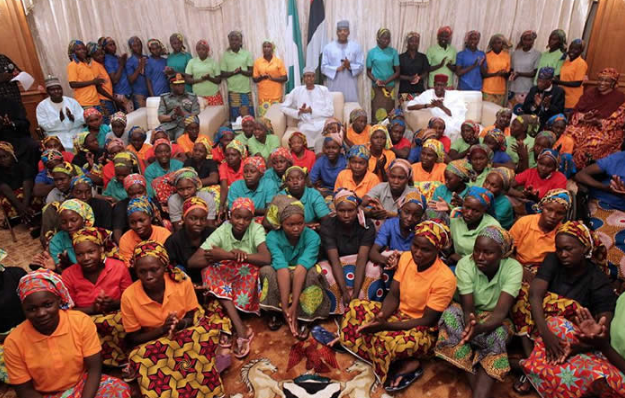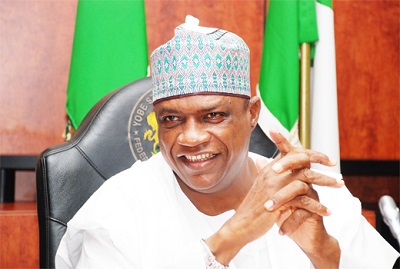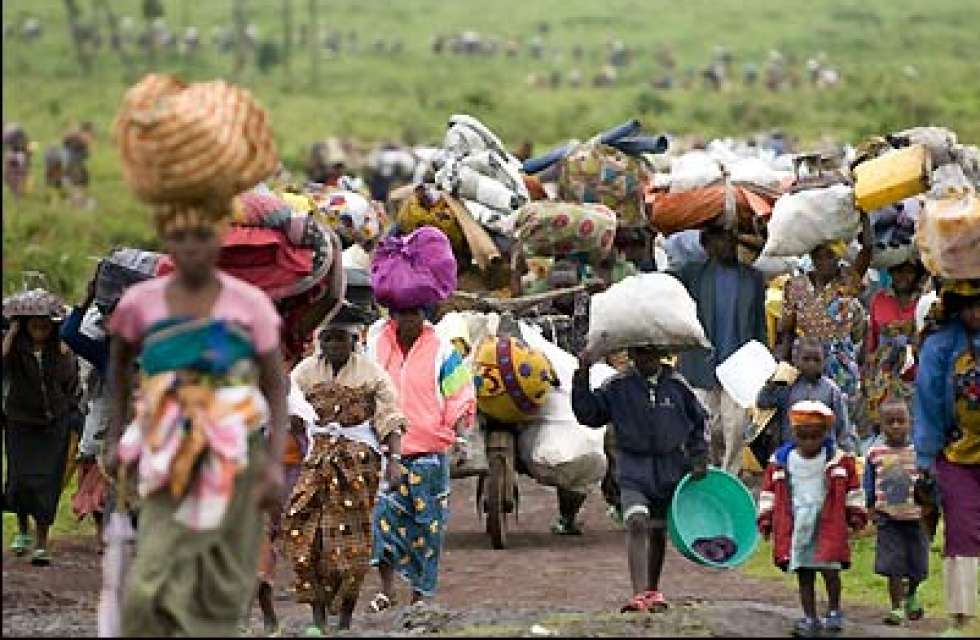Acting President Yemi Osinbajo has assured that the Federal Government remained determined to deliver humanitarian aid to victims of insurgency in the North East through a transparent and effective process.
He gave the assurance when he received a situation report on the distribution of humanitarian aids to the victims of insurgency from the implementation team of the Special Relief Intervention programme.
A statement by the Acting President’s Spokesman, Mr Laolu Akande, on Saturday noted that the team had been involved in the distribution of the aid since June June 8, when the programme was inaugurated in Maiduguri, Borno.
Osinbajo hailed the new delivery system for humanitarian aid in the region as “a unique operation that promises to deliver on a well laid out plan”.
The Acting President noted that there was considerable progress in the implementation of the Special Relief Intervention, having captured no fewer than 12,691 households in Borno since the exercise began.
He gave the assurance that the process would remain transparent and the objectives fully actualised.
The Acting President added that besides the emergency food distribution, “government will deliver on a holistic plan that includes empowerment’’.
According to him, empowerment is an important feature of the relief intervention.
The Acting President said the humanitarian aid was huge in relation to available resources.
Osinbajo solicited the support of the National Assembly, especially from members representing the region, to enable government to realise its objective of maintaining an effective humanitarian service delivery.
According to him, “we must support this team because a lot of attention is focused on us, especially from the international community.”
“We need to be responsible and do this efficiently, and monitor performance on a regular basis.
“It is a good opportunity to prove that we can handle these efforts very well,’’ Osinbajo added.
TheNewsGuru.com reports that the humanitarian programme is to deliver food to persons displaced by the Boko Haram insurgency in the North-East.
The initiative, which was part of a broad plan to address food shortage in the camps and other settlements of displaced persons, was also to curb alleged diversion of food meant for the Internally Displaced Persons (IDPs).
According to the update presented by the implementation team, the issue of diversion of relief materials has been removed.
About 1,000 trucks are being used to deliver the assorted grains to beneficiaries.
Also 656 armed police personnel are involved in the movement of the grains from various reserves across the country to designated NEMA warehouses in the North-East for distribution to beneficiaries.
Another 1,376 military personnel were deployed to escort the grains to some IDPs in the hinterlands across Borno, Adamawa and Yobe.
The acting president received the brief from the team overseeing the Special Relief Intervention at the Presidential Villa in the company of National Assembly members from the North East.
Some of the lawmakers called for the integration of empowerment and provision of agricultural inputs as part of aid provided to the IDPs.
NAN




